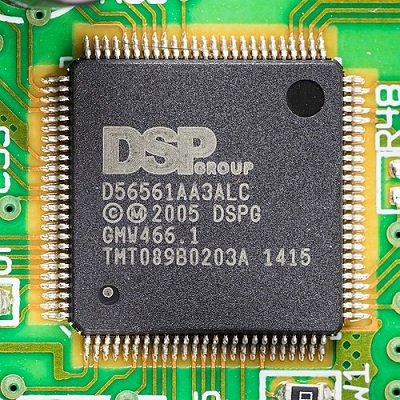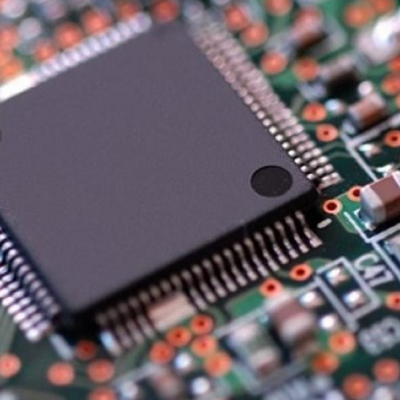DSP
A digital signal processor is an IC or IP core designed to process signals digitally with efficiency. Analog signals are converted to digital via an analog-to-digital converter before being processed in the DSP. Digital signals are then output and may be converted back to analog signals via a digital-to-analog converter. The DSP is a type of processor optimized for handling signals quickly—in real time—which requires specific math operations to be performed quickly and efficiently. For instance, a DSP will perform some action on the analog signal, such as filter and compress analog signals, using algorithms. The DSP can do filter signals more efficiently and with less power than a general purpose processor and within a strict deadline. DSPs are considered programmable.
Digital signal processing and digital signal processors are used in audio and speech processing telecommunications; radar, Lidar, sensors; visual processing, image processing. Some DSPs are being used for neural networks processing. Cadence adapted a DPS for vision, radar/lidar, and fused-sensor applications for neural network processing (Tensilica Vision C5 DSP). The DSPs are found anything from consumer devices, such as mobile phones, to satellites and military communication. Sometimes a programmable DSP is used for offloading advanced applications from the CPU. DSPs can also be paired with specialized hardware accelerators to benefit from the higher power efficiency of the accelerators and the DSP’s programmability.






































